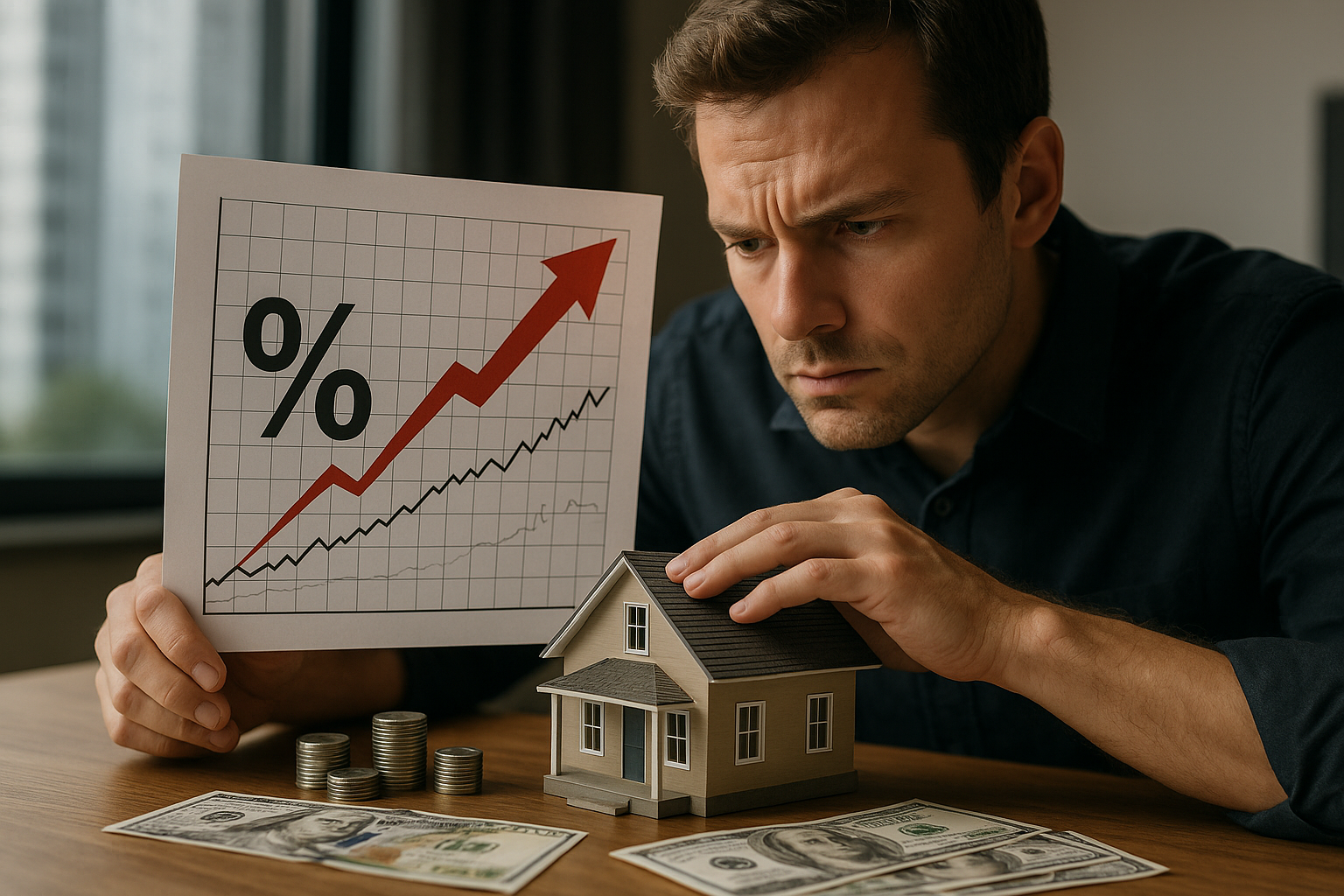Deciphering the Impact of Rising Interest Rates on the Real Estate Market
Introduction: It's an age-old question in the world of real estate: How do rising interest rates influence property values and investment strategies? As with many market dynamics, the answer isn't as straightforward as one might hope. This article delves into the nuances of this complex relationship, arming you with knowledge to make informed decisions in an evolving market.

Understanding Interest Rates and Real Estate
The real estate market doesn’t operate in a vacuum. It’s influenced by a multitude of factors, one of which is the fluctuation of interest rates. These rates, set by the Federal Reserve or a country’s central bank, determine the cost of borrowing money. A hike in these rates can increase the cost of buying a house, thereby impacting the demand and, consequently, the prices of real estate.
The Direct Effect on Mortgage Costs
Rising rates lead to increased mortgage costs. When interest rates climb, so does the cost of getting a mortgage. This can deter potential homebuyers, causing a decrease in demand and a potential dip in property values. For instance, a mortgage rate increase from 3% to 4% on a 30-year fixed-rate loan could add about $100 to the monthly payment on a $200,000 mortgage.
The Ripple Effect on Investors
While rising rates may dissuade some buyers, they can signal opportunity for certain investors. Higher interest rates often mean higher capitalization rates, which can lead to better returns on investment for rental properties. However, it also means higher borrowing costs, which can erode profits. Therefore, it’s a delicate balancing act for investors.
Potential Impact on Home Equity
Existing homeowners aren’t immune to the effects of rising rates either. As property values potentially decrease due to lower demand, homeowners may see a reduction in their home equity. This can limit their ability to sell or refinance, especially if they’re in a market where prices are already declining.
Navigating the Market Amid Rising Rates
Despite the challenges posed by rising interest rates, savvy strategies can still yield success. For buyers, it might mean locking in a rate before they climb further. For investors, it could mean focusing on rental income rather than capital appreciation. For homeowners, it may involve cutting costs elsewhere to offset the potential loss in home equity.
In conclusion, while rising interest rates can bring about challenges in the real estate market, they also create opportunities for those who understand their effects and adjust their strategies accordingly. By understanding the complexities of interest rates and their impact on real estate, you can make informed decisions that align with your property goals, regardless of market conditions.




